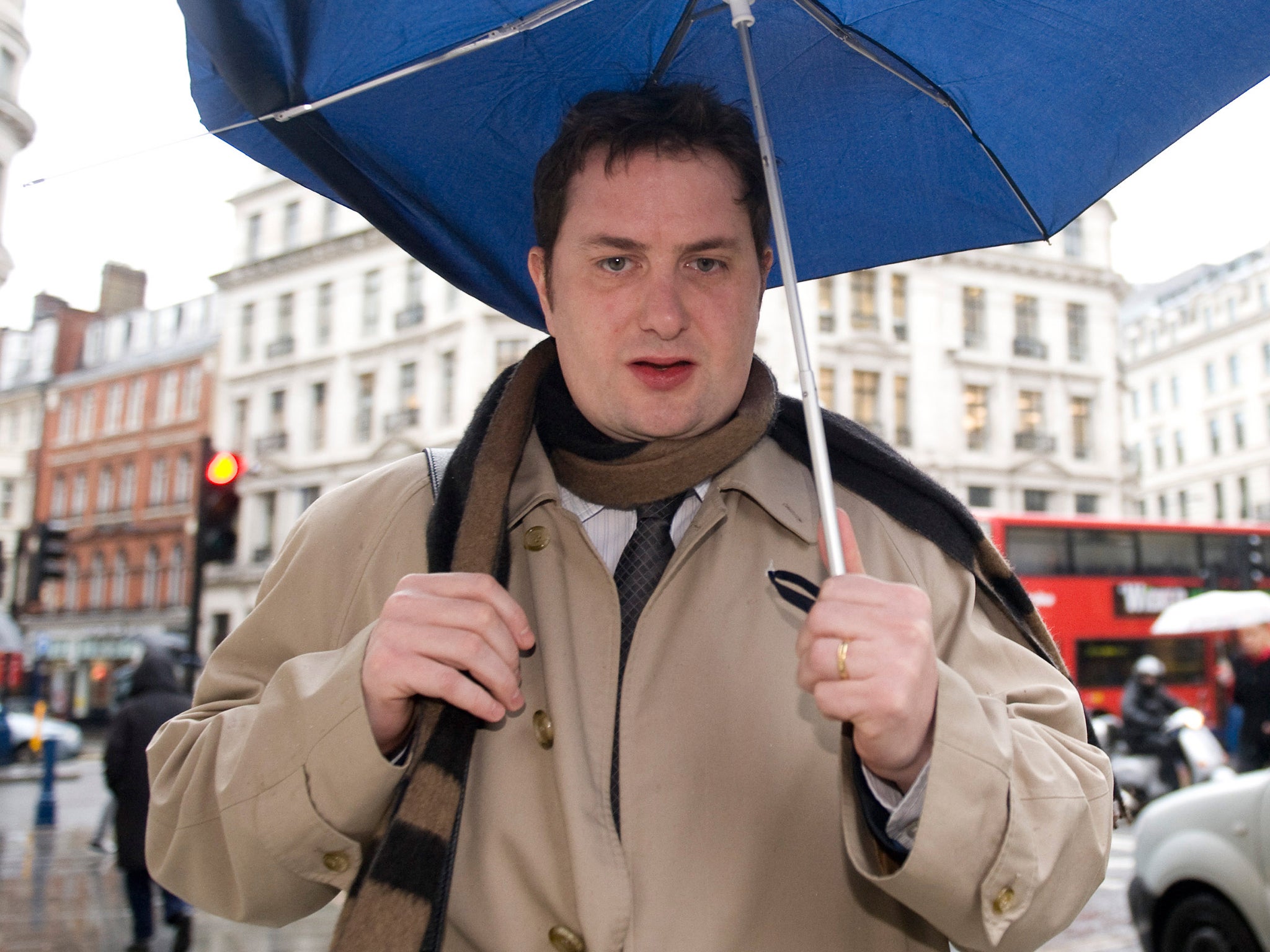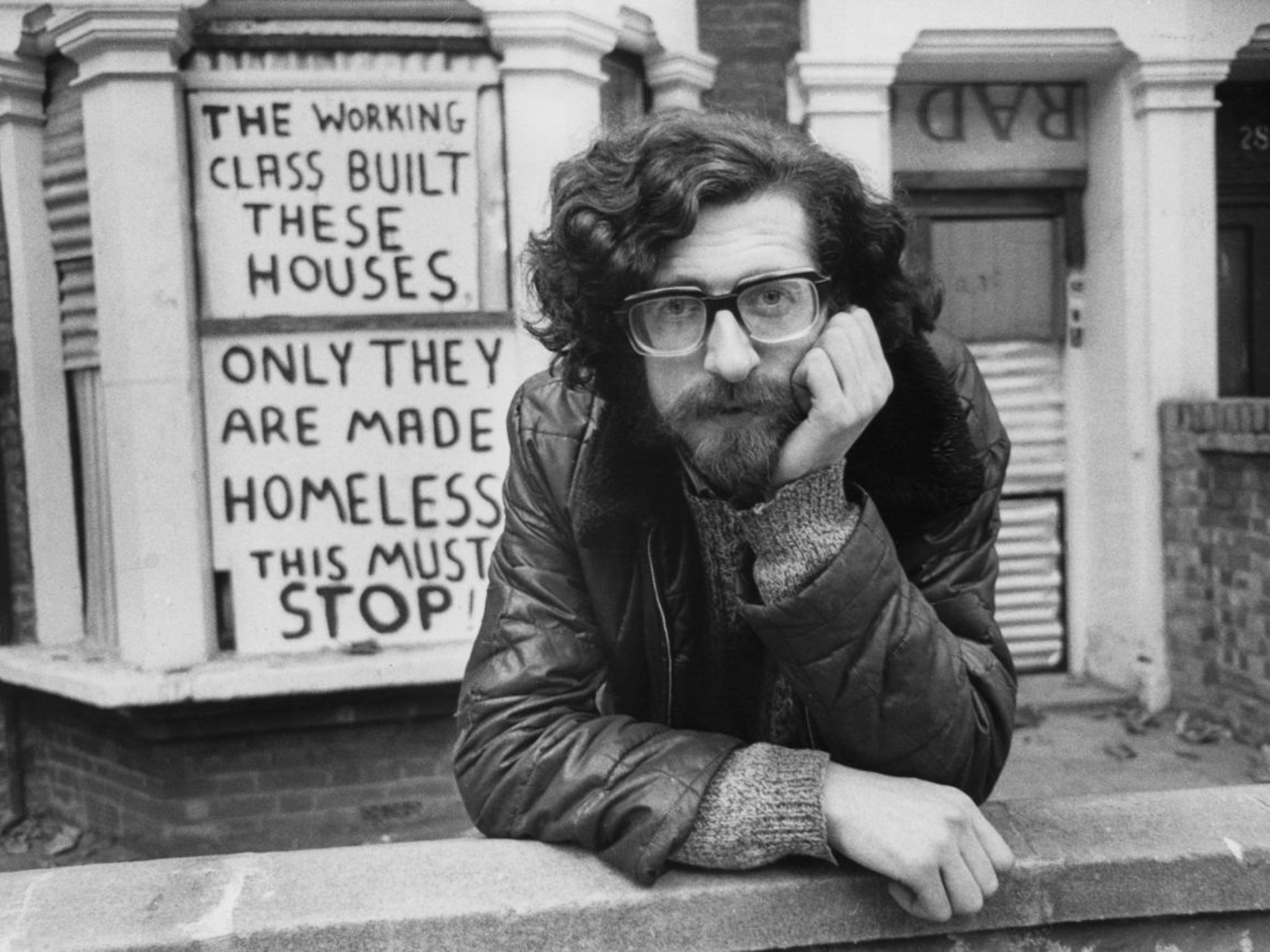George Osborne joins the long, unhappy list of politicians embarrassed by brothers behaving badly
Family affairs caught up with the Chancellor this week when his sibling, Adam, was struck off as a psychiatrist for conducting a two-year affair with a 'vulnerable' patient

Your support helps us to tell the story
From reproductive rights to climate change to Big Tech, The Independent is on the ground when the story is developing. Whether it's investigating the financials of Elon Musk's pro-Trump PAC or producing our latest documentary, 'The A Word', which shines a light on the American women fighting for reproductive rights, we know how important it is to parse out the facts from the messaging.
At such a critical moment in US history, we need reporters on the ground. Your donation allows us to keep sending journalists to speak to both sides of the story.
The Independent is trusted by Americans across the entire political spectrum. And unlike many other quality news outlets, we choose not to lock Americans out of our reporting and analysis with paywalls. We believe quality journalism should be available to everyone, paid for by those who can afford it.
Your support makes all the difference.The public figure for whom I felt the most sympathy last week was, somewhat improbably, George Osborne. It was not that I became a convert to the Chancellor of the Exchequer’s economic schemes, or found myself exclaiming, “By Jiminy, isn’t the Google tax settlement a triumph? And isn’t George just the chap to keep local government up to the mark on 50 per cent of the funding?”, but that a series of newspaper headlines suggested that our man, like many a leading politician before him, was about to fall victim to a misfortune that the canniest operator in Westminster is quite unable to guard against – family affairs.
The problem, it turned out, was Mr Osborne’s younger brother Adam, who on Thursday was struck off as a psychiatrist after the revelation that he had conducted a two-year affair with a “vulnerable” patient. According to reports, a disciplinary panel has found the behaviour of Dr Adam Osborne, a married man, to be “profoundly unacceptable” and ruled that his fitness to practise was impaired by reason of misconduct. It was further disclosed that when the woman in question had made a complaint to the General Medical Council (GMC), Dr Osborne, 39, had begged her to retract it on the grounds that it would “destroy” his family.
Naturally, while being nothing at all to do with the Chancellor, this judgment is bound to be a great embarrassment to him. As an example of what a non-political sibling can do to the reputation of a brother who holds high office it is on a par with the conduct of Billy Carter, brother of Jimmy, who manufactured his own brand of beer and was once seen urinating on an airport runway; Terry Major-Ball, half-brother of Sir John, with his recollections of domestic life at the family home in Brixton during the latter’s adolescence; and possibly Piers Corbyn, as in Jeremy, whose appearance on a recent and much-criticised Radio 4 documentary about climate change suggested that the Labour leader should do everything in his power to keep his elder brother off the airwaves until at least the next general election.
In fact, Dr Osborne’s roasting at the hands of the GMC is far worse than any of the foregoing as the cause of the embarrassment is not mildly eccentric behaviour, but a serious breach of professional protocol. It is one thing, as in the celebrated Dad’s Army episode in which Captain Mainwaring’s scapegrace brother turns up in Walmington-on-Sea, to have your infant foibles and nicknames exposed to public scrutiny by a debt-bilking drunk, but quite another to have someone who you eat Christmas dinners with rebuked for conduct unbecoming to the profession of which he is a part.
Not, of course, that the hand-wringing presumably going on at No 11 should surprise us, for the pitfalls of the sibling relationship and the damage that can be unwittingly done to us by our nearest and dearest are one of the great constants of human affairs. It was George Eliot, over a century and a half ago, who filed the chilling deduction that “family likeness has often a deep sadness in it”. Nature, according to the author of The Mill on the Floss, was a “great tragic dramatist”, who “knits us together by bone and muscle, and divides us by the subtler web of our brains; blends yearning and repulsion; and ties us by our heart-strings to the beings that jar us at every moment”.

In so far as we can judge, the brothers Osborne’s relationship has not yet moved from embarrassment into the far more injurious category of sibling rivalry.
After all, one is a successful politician and the other is, or was, a psychiatrist. For it is here, all the evidence suggests, that the really serious damage is done, by people connected by birth and upbringing who operate in the same professional sphere and cannot resist the temptation to outdo each other. Pop music, for example, had the Wilson and the Allman brothers, not to mention the Gallaghers, they of the flung cricket bats and A&E admissions, who are still apparently not speaking. In sport, meanwhile, books have been devoted to the interactions between the Williams sisters, or Jack and Bobby Charlton, the former of whom once revealed, with no great satisfaction, that the instructions given to him by their mother when the pair began to play together were “to look after our kid”.
At least the professional sportsperson can, to some extent, keep his, or her, distance, go to play for another team, as did the Charlton brothers, or, like Andy Murray’s brother, Jamie, minimise the chances of conflict by setting up as a doubles specialist. In the arts, on the other hand, where the goals – sales, say, or critical success – are the same, having a brother or sister who not only does what you do but is keen to do it better, can render these difficulties infinitely worse, to the point where a large part of the public face you offer the world seems to be governed by the memory of childhood slights or present-day irritations.
Much of Evelyn Waugh’s career, for example, was animated by the resentment he felt towards his elder brother, Alec, and the favouritism extended towards him by their father, Arthur. Although far more successful than his sibling, Evelyn could never let matters lie, noting in jacket copy that he was “the brother of the popular novelist Alec Waugh”, in feline disparagement of Alec’s pot-boiling trifles, and telling his friends that in the aftermath of his one late-period success, the best-selling Island in the Sun (1956), Alec “never drew a sober breath”. Handicapped by the fact that he greatly admired Waugh Jnr’s work, Alec made one or two feeble efforts to get even, but, when summoned to the witness box in a libel action that Evelyn brought against the Daily Express, denied all imputations of fraternal jealousy.
If there is a modern equivalent to wine-buff Alec’s mild disparagement of Charles Ryder and Sebastian Flyte’s choice of vintages in Brideshead Revisited (implication: what does my little brother know of such weighty matters?) then it might be found in the relationship between Dames A S Byatt and Margaret Drabble, many of whose novels are about contending sisters. Dame Antonia even produced a variation on this theme entitled The Game (1967), in which a somewhat shallow TV-presenting novelist named Julia writes a roman à clef featuring her austere and high-minded academic sister Cassandra. The latter, having read a copy, locks herself into her college room, seals up the cracks in the wall with newspaper, turns on the gas and kills herself.
On the other hand, perhaps rivalry is, in the end, more tolerable than crash and burn, if only because the latter tends to exist outside normal boundaries and controls. At the outset there is apparently nothing that Captain Mainwaring can do about his boozy, cock-snooking brother, Barry, as neither of the institutions in which he reigns supreme – the bank and the Home Guard platoon – is capable of bringing this red-faced ingrate to heel. It is left to Barry to destroy himself. As for George Osborne, he will not even be able to console himself with the thought that such fraternal lapses are easily forgotten. After all, The Simpsons episode in which Homer, having found a bottle of “Billy Beer” in an ancient jacket, yells “We elected the wrong president!” is still being shown three times a year on Channel 4.
Join our commenting forum
Join thought-provoking conversations, follow other Independent readers and see their replies
Comments